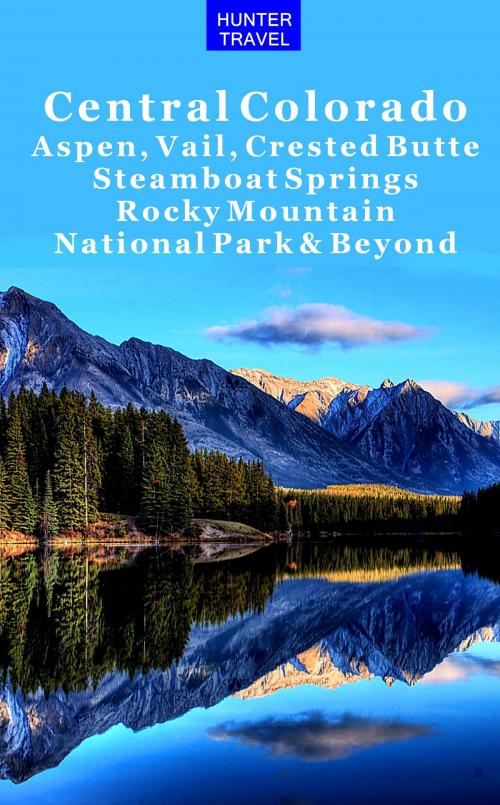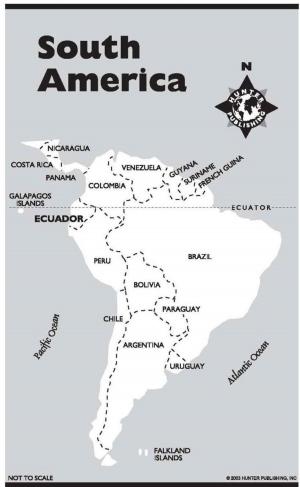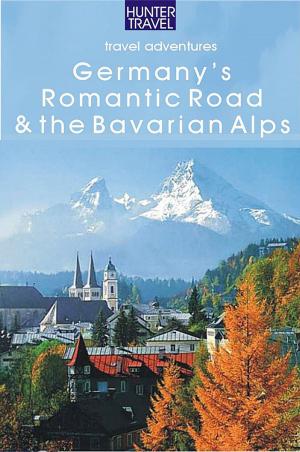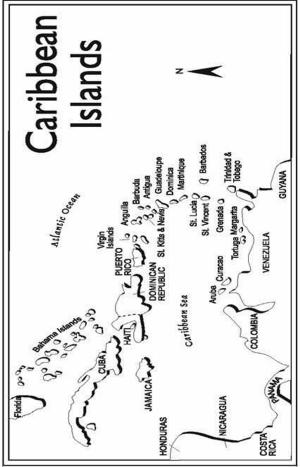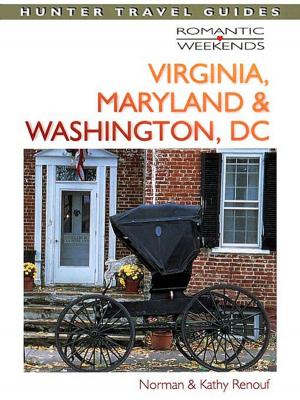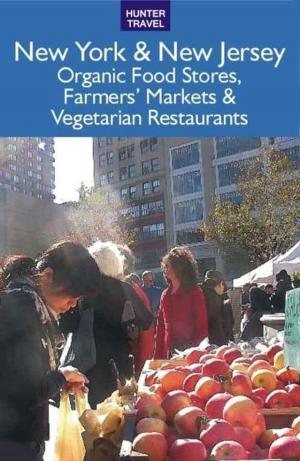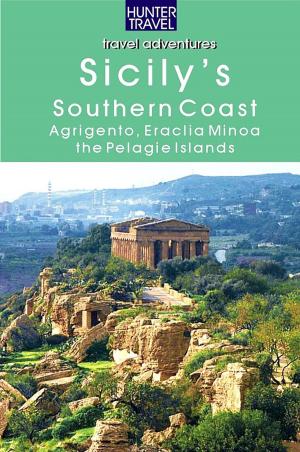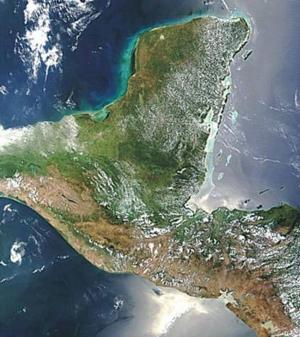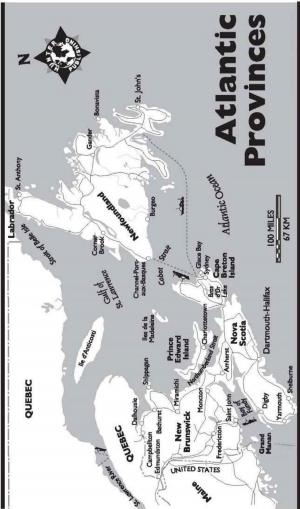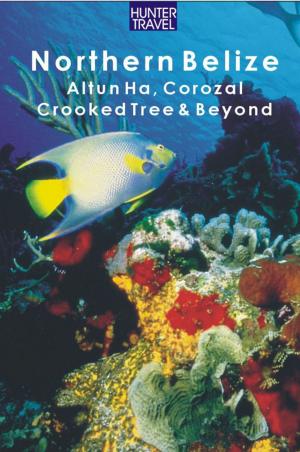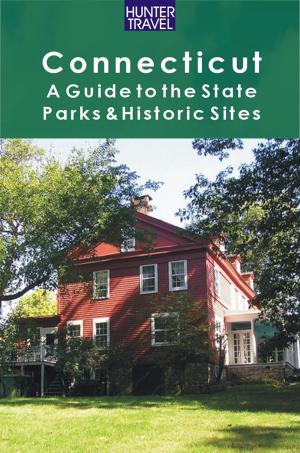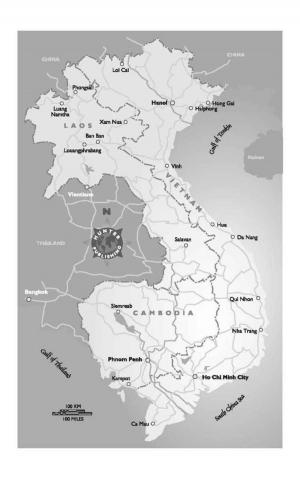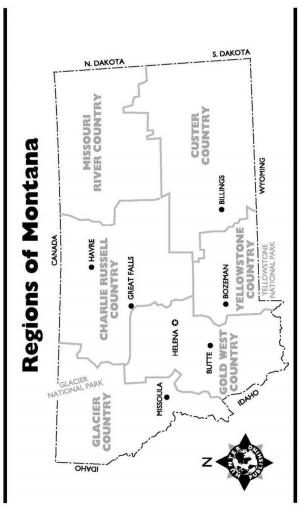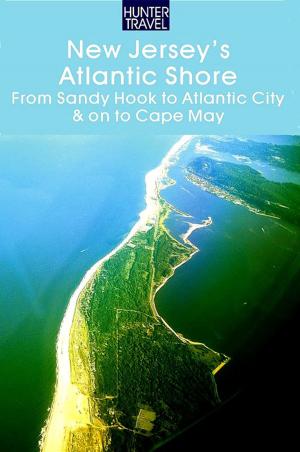Central Colorado - Aspen, Vail, Crested Butte, Steamboat Springs, Rocky Mountain National Park & Beyond
Nonfiction, Travel, United States, South| Author: | Curtis Casewit | ISBN: | 9781556501296 |
| Publisher: | Hunter Publishing | Publication: | February 15, 2013 |
| Imprint: | Language: | English |
| Author: | Curtis Casewit |
| ISBN: | 9781556501296 |
| Publisher: | Hunter Publishing |
| Publication: | February 15, 2013 |
| Imprint: | |
| Language: | English |
The San Luis Valley is a study in contrasts, evident in the 7,000-foot elevation gain from the low-lying valley floor to 14,345-foot Blanca Peak. The Great Sand Dunes are reminiscent of the Sahara Desert. Fourteen-thousand-foot peaks, the spire-like Crestone Needle and its neighbor Crestone Peak, pride of the Sangre de Cristo ("Blood of Christ") Range, are the natural landmarks for the valley's eastern boundary. At the northern end of the area are the Valley View Hot Springs which harness some of the steaming water that pours from the ground. In Crested Butte, trails set out into the Maroon Bells/Snowmass Wilderness from the vicinity of Gothic and Schofield Pass. Short day hikes into the alpine meadows are one option. Or, those seeking a longer experience can hike the 13 miles over spectacular East Maroon Pass on into Aspen. The state that brings you Aspen, Vail, Beaver Creek and Telluride is renowned for its skiing and snowboarding. Justly so. Colorado has a greater number of ski resorts and areas than almost any other US state or Canadian province. In all, you can ski at two dozen places that vary in size from giants like the Aspen complex to rustic alpine Loveland Basin. Non-skiers find activities at the Colorado resorts as well. Experts have counted some 200 species of wildlife in the Rocky Mountain National Park. More than 400 miles of trails, many of them gentle, others challenging, provide hikes to beautiful alpine mountain lakes surrounded by snow-capped peaks. No visitor to this part of Colorado should miss Rocky Mountain National Park. Its 300,000 acres are filled by stunning mountain views and, thanks to the Park Service, remain largely in their natural state. Some 300 well-marked trails, many passing through meadows filled with wildflowers, attract numerous hikers to the park. Hiking in the Park, you are almost certain to be rewarded with stunning vistas, some of Colorado's most spectacular scenery, and rare encounters with nature, such as a bugling elk. Nearby is Steamboat Springs. Summers here guarantee you an adrenaline rush. Breaking in wild horses, barrel racing on horseback, galloping through forest clearings are all exciting. Climbers have attacked the rock faces of Rabbit Ears Pass. And, of course, you can reach the Mount Werner summits in style by gondola and then test your leg muscles against the long downhill walks or ski runs through knee-high meadows or on logging roads. Arapahoe Basin, Breckenridge, Keystone, Copper Mountain, the year-round resort of Vail are all covered here. And then there is Aspen. As a ski complex, Aspen is unsurpassed. Its four lift-serviced areas - Aspen Mountain, Buttermilk Mountain, The Snowmass, Aspen Highlands - encompass 160 miles of ski trails reachable by dozens of lifts that can hoist 25,000 skiers an hour. Where to stay, where to eat, how to get around, what to do - we cover it all in detail. Plus color photos throughout.
The San Luis Valley is a study in contrasts, evident in the 7,000-foot elevation gain from the low-lying valley floor to 14,345-foot Blanca Peak. The Great Sand Dunes are reminiscent of the Sahara Desert. Fourteen-thousand-foot peaks, the spire-like Crestone Needle and its neighbor Crestone Peak, pride of the Sangre de Cristo ("Blood of Christ") Range, are the natural landmarks for the valley's eastern boundary. At the northern end of the area are the Valley View Hot Springs which harness some of the steaming water that pours from the ground. In Crested Butte, trails set out into the Maroon Bells/Snowmass Wilderness from the vicinity of Gothic and Schofield Pass. Short day hikes into the alpine meadows are one option. Or, those seeking a longer experience can hike the 13 miles over spectacular East Maroon Pass on into Aspen. The state that brings you Aspen, Vail, Beaver Creek and Telluride is renowned for its skiing and snowboarding. Justly so. Colorado has a greater number of ski resorts and areas than almost any other US state or Canadian province. In all, you can ski at two dozen places that vary in size from giants like the Aspen complex to rustic alpine Loveland Basin. Non-skiers find activities at the Colorado resorts as well. Experts have counted some 200 species of wildlife in the Rocky Mountain National Park. More than 400 miles of trails, many of them gentle, others challenging, provide hikes to beautiful alpine mountain lakes surrounded by snow-capped peaks. No visitor to this part of Colorado should miss Rocky Mountain National Park. Its 300,000 acres are filled by stunning mountain views and, thanks to the Park Service, remain largely in their natural state. Some 300 well-marked trails, many passing through meadows filled with wildflowers, attract numerous hikers to the park. Hiking in the Park, you are almost certain to be rewarded with stunning vistas, some of Colorado's most spectacular scenery, and rare encounters with nature, such as a bugling elk. Nearby is Steamboat Springs. Summers here guarantee you an adrenaline rush. Breaking in wild horses, barrel racing on horseback, galloping through forest clearings are all exciting. Climbers have attacked the rock faces of Rabbit Ears Pass. And, of course, you can reach the Mount Werner summits in style by gondola and then test your leg muscles against the long downhill walks or ski runs through knee-high meadows or on logging roads. Arapahoe Basin, Breckenridge, Keystone, Copper Mountain, the year-round resort of Vail are all covered here. And then there is Aspen. As a ski complex, Aspen is unsurpassed. Its four lift-serviced areas - Aspen Mountain, Buttermilk Mountain, The Snowmass, Aspen Highlands - encompass 160 miles of ski trails reachable by dozens of lifts that can hoist 25,000 skiers an hour. Where to stay, where to eat, how to get around, what to do - we cover it all in detail. Plus color photos throughout.
